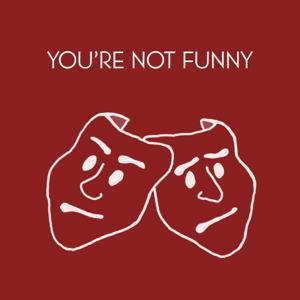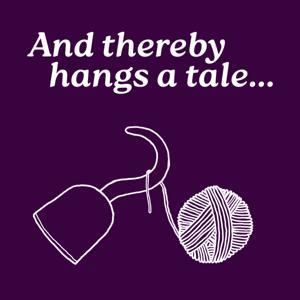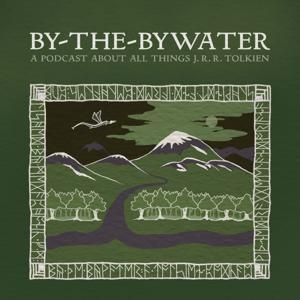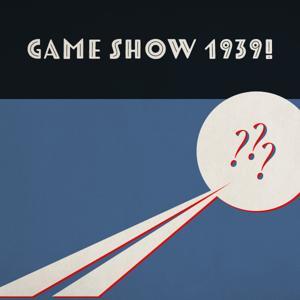‘My friend, whom I loved so dear,
who with me went through every danger,
my friend Enkidu, whom I loved so dear,
who with me went through every danger:
‘the doom of mortals overtook him.
Six days I wept for him and seven nights.
I did not surrender his body for burial,
until a maggot dropped from his nostril.
‘Then I was afraid that I too would die,
I grew fearful of death, and so wander the wild.
‘What became of my friend was too much to bear,
so on a far road I wander the wild;
what became of my friend Enkidu was too much to bear,
so on a far path I wander the wild.
‘How can I keep silent? How can I stay quiet?
My friend, whom I loved, has turned to clay,
my friend Enkidu, whom I loved, has turned to clay.
Shall I not be like him and also lie down,
never to rise again, through all eternity?’
The Epic of Gilgamesh is a very old poem. The Standard Babylonian version
of it was redacted over three thousand years ago by an editor and poet named
Sîn-lēqi-unninni, but much of the material he compiled was even older than
that. The poem describes Gilgamesh, the king of Uruk, two-thirds divine and
one-third human, who is so superior to everyone else that the gods must create
a companion for him. That companion is Enkidu, a bestial man who must be
carefully brought into civilization. Their relationship — and the questions
that arise after the gods condemn Enkidu to an early death — are still
compelling several thousand years later. Chris and Suzanne explore this
fragmentary monument of ancient literature, and think about what choices a
translator (and a reader!) have to make when engaging with it.
Show Notes.
The Epic of Gilgamesh, as translated by Andrew
George, N.K. Sandars,
Sophus Helle, and David
Ferry. [Many others are available!]
Our episode on The Iliad.
In a very different context, Chris has talked about Gilgamesh on a podcast
Michael Schmidt: Gilgamesh: The Life of a Poem, an
accessible book-length overview of the poem.
Next: Sophocles: Antigone.
And our 2023 reading list, if you want to read ahead! (Some books may change. We
Support The Spouter-Inn on Patreon. Thanks!














































